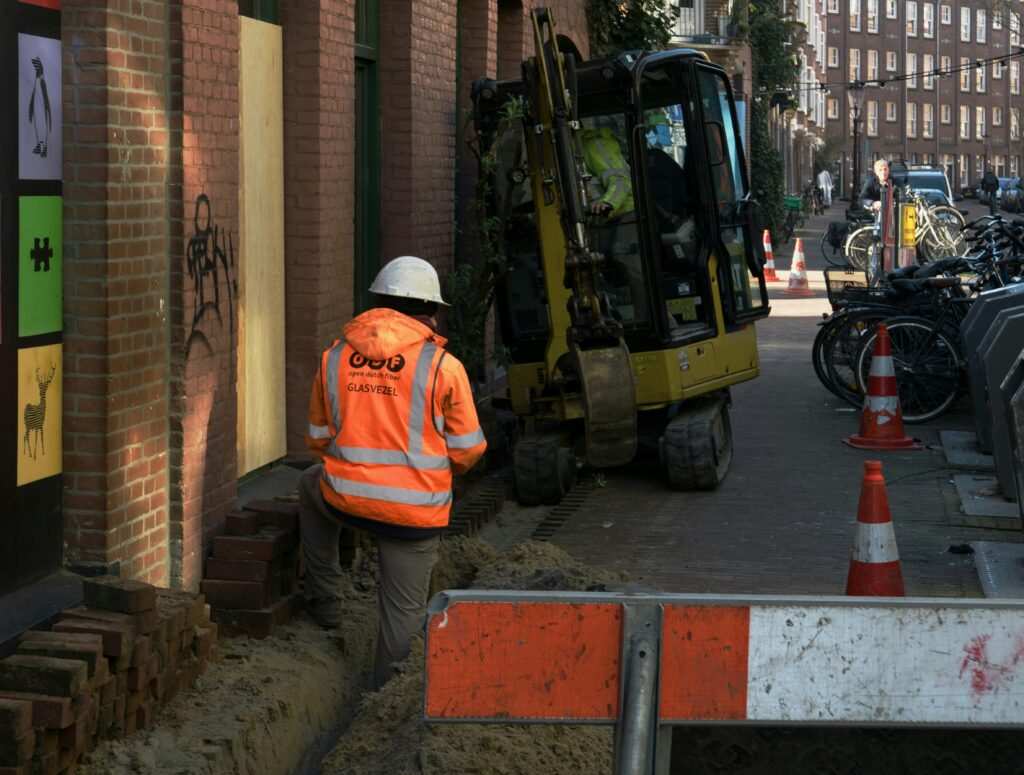No products in the cart.
Exploring Unskilled Jobs in Europe
- May, Sun, 2024
Exploring Unskilled Jobs in Europe with Visa Sponsorship.
Exploring Unskilled Jobs in Europe: Opportunities and Challenges
When people think of working in Europe, they often envision high-skilled professions in industries like finance, technology, or healthcare. However, there’s a significant demand for unskilled labor across the continent, offering diverse opportunities for individuals seeking employment. From hospitality to agriculture, unskilled jobs play a crucial role in supporting Europe’s economy and society.

Understanding Unskilled Jobs
Unskilled jobs, also known as low-skilled or entry-level positions, typically require minimal formal education or specialized training. While these roles may not require specific qualifications, they provide valuable opportunities for individuals to gain work experience, earn a living, and contribute to their communities.
Diversity of Unskilled Jobs
1. **Hospitality Industry**: Restaurants, hotels, and tourism businesses across Europe rely heavily on unskilled labor to fill positions such as servers, housekeepers, and kitchen staff. These roles often involve customer service, teamwork, and attention to detail.
2. **Retail Sector**: From supermarkets to boutique shops, the retail sector offers numerous unskilled job opportunities, including cashier, sales associate, and stock clerk positions. These roles require basic math skills, communication abilities, and a customer-focused mindset.

3. **Agriculture and Farming**: Rural areas in Europe depend on unskilled labor for agricultural work, including planting, harvesting, and livestock care. While physically demanding, these jobs provide opportunities for seasonal employment and hands-on experience in farming practices.
4. **Construction and Manual Labor**: Construction sites require unskilled workers for tasks such as demolition, site cleanup, and material handling. While safety training is essential, many entry-level positions in construction offer on-the-job training and opportunities for advancement.
Opportunities for Advancement
While unskilled jobs may start at the entry level, they often provide pathways for career advancement and skill development. Many individuals gain valuable experience and transferable skills in unskilled roles, eventually transitioning to higher-paying positions or pursuing further education and training.
Challenges and Considerations
1. **Wages and Benefits**: Unskilled jobs in Europe may offer lower wages compared to skilled professions, making it challenging for workers to make ends meet. Employers’ adherence to minimum wage laws and provision of benefits such as healthcare and paid leave vary across countries and industries.

2. **Work Conditions**: Some unskilled jobs, particularly in sectors like agriculture and construction, involve physically demanding work and exposure to harsh environmental conditions. Occupational health and safety regulations aim to protect workers, but challenges such as long hours and temporary employment arrangements persist.
Conclusion
Unskilled jobs play a vital role in Europe’s economy, providing essential services and employment opportunities for millions of individuals. While these roles may not require formal education or specialized training, they offer valuable pathways for personal and professional growth. By addressing challenges such as wages, benefits, and work conditions, European countries can ensure that unskilled workers receive fair treatment and opportunities for advancement in diverse industries.
Unskilled jobs may be entry points into the workforce, but they are essential for maintaining vital industries and supporting economic growth and development in Europe. Through policies that prioritize fair treatment, opportunities for advancement, and access to training and education, European countries can ensure that unskilled workers are valued members of their communities.
Email; careers@musabodycareers.com





Thank you so much
Musabody thanks for contacting us.
YOUR AMAIZING